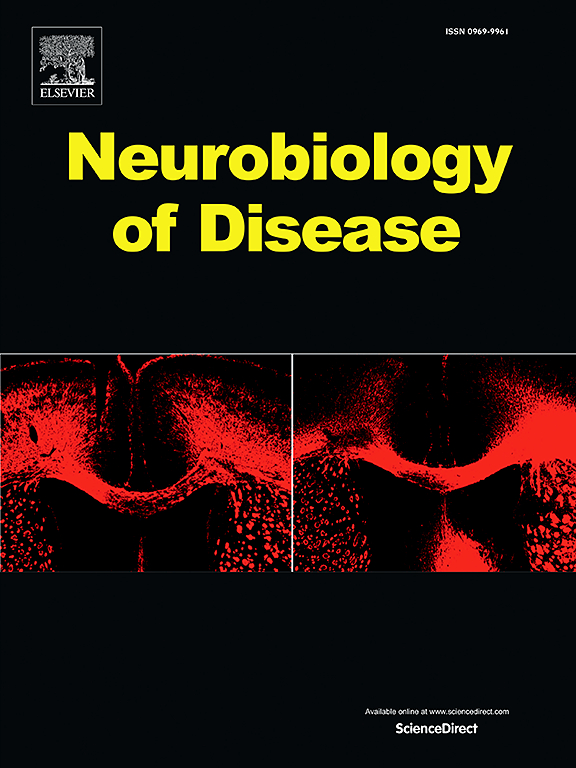The mechanism of disease progression by aging and age-related gut dysbiosis in multiple sclerosis
IF 5.6
2区 医学
Q1 NEUROSCIENCES
引用次数: 0
Abstract
Multiple sclerosis (MS) is the most common demyelinating disease caused by a multifaceted interplay of genetic predispositions and environmental factors. Most patients initially experience the relapsing-remitting form of the disease (RRMS), which is characterized by episodes of neurological deficits followed by periods of symptom resolution. However, over time, many individuals with RRMS advance to a progressive form of the disease, known as secondary progressive MS (SPMS), marked by a gradual worsening of symptoms without periods of remission. The mechanisms underlying this transition remain largely unclear, and current disease-modifying therapies (DMTs) are partially effective in treating SPMS. Age is widely acknowledged as a risk factor for the transition from RRMS to SPMS. One factor associated with aging that may influence the progression of MS is gut dysbiosis. This review discusses how aging and age-related gut dysbiosis affect the progression of MS.
多发性硬化症中衰老和与年龄相关的肠道生态失调的疾病进展机制
多发性硬化症(MS)是最常见的脱髓鞘疾病,由遗传易感性和环境因素多方面相互作用引起。大多数患者最初经历复发缓解型疾病(RRMS),其特征是神经功能障碍发作,随后是症状缓解期。然而,随着时间的推移,许多患有RRMS的个体进展为疾病的进行性形式,称为继发性进行性MS (SPMS),其特征是症状逐渐恶化,没有缓解期。这种转变背后的机制仍不清楚,目前的疾病修饰疗法(dmt)在治疗SPMS方面部分有效。年龄被广泛认为是RRMS向SPMS转变的危险因素。与衰老相关的一个可能影响MS进展的因素是肠道生态失调。这篇综述讨论了衰老和与年龄相关的肠道失调如何影响MS的进展。
本文章由计算机程序翻译,如有差异,请以英文原文为准。
求助全文
约1分钟内获得全文
求助全文
来源期刊

Neurobiology of Disease
医学-神经科学
CiteScore
11.20
自引率
3.30%
发文量
270
审稿时长
76 days
期刊介绍:
Neurobiology of Disease is a major international journal at the interface between basic and clinical neuroscience. The journal provides a forum for the publication of top quality research papers on: molecular and cellular definitions of disease mechanisms, the neural systems and underpinning behavioral disorders, the genetics of inherited neurological and psychiatric diseases, nervous system aging, and findings relevant to the development of new therapies.
 求助内容:
求助内容: 应助结果提醒方式:
应助结果提醒方式:


